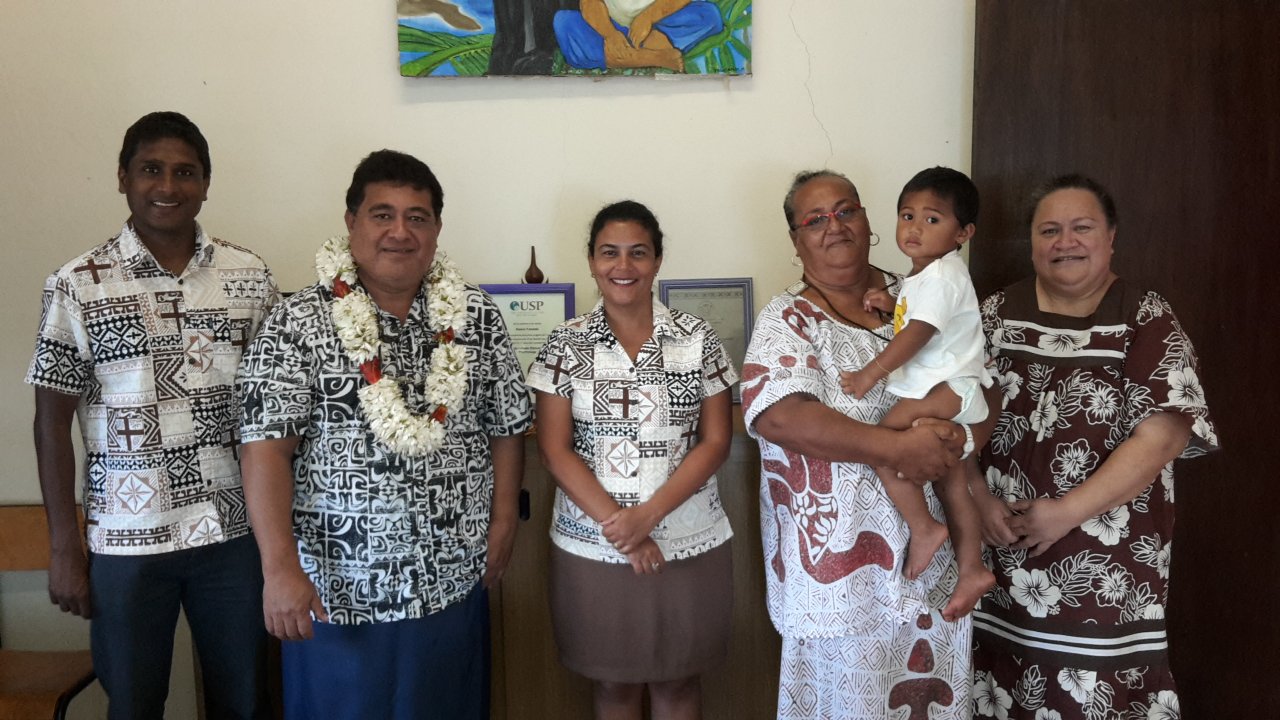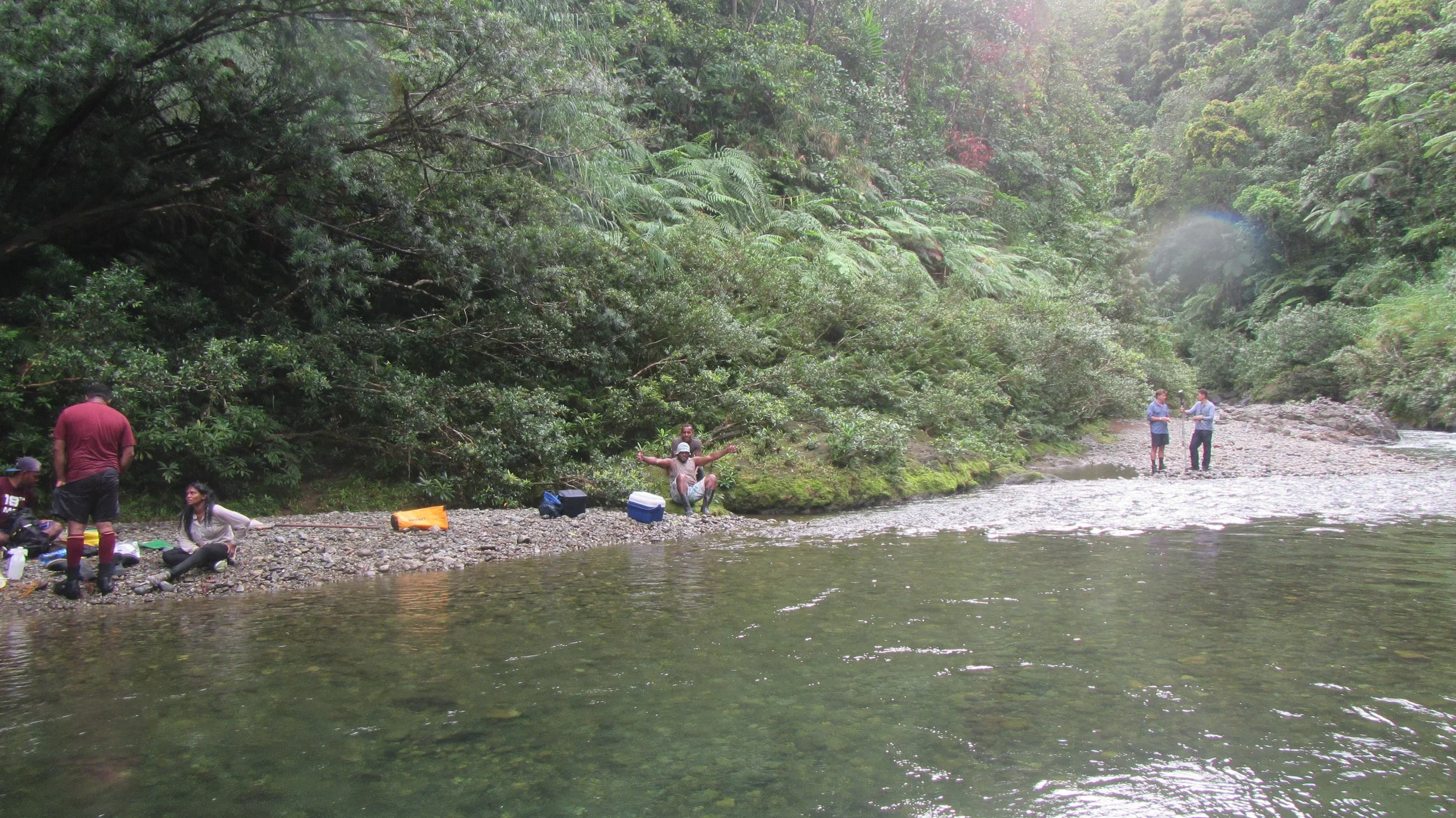
Nucleus Environmental Impact Projects
"At Nucleus, we believe true progress restores what sustains us every project is a step toward protecting ecosystems, honouring nature, and building a future where development and conservation go hand in hand."
French Embassy Environmental Assessment in Wallis & Futuna (2017)
Environmental sustainability in small island nations faces unique challenges, particularly regarding wastewater management, pollution control, and public health risks. Recognising these urgent concerns, JNP Fiji Limited was invited by the French Embassy and the Government of Wallis & Futuna to conduct a wastewater pollution impact assessment and propose remedial actions to protect coastal ecosystems, water resources, and public health.
This mission highlighted the importance of collaborative efforts between Europe and the Pacific, bringing scientific expertise, local knowledge, and government leadership together to develop practical solutions for sustainable water and waste management.
High-Level Engagement & Public Awareness
The significance of this mission was reinforced by formal engagements with key government representatives, including an audience with the King of Wallis, and meetings with:
The Prime Minister & Royal Advisors – Discussing cultural and governance frameworks for environmental initiatives.
The President of the Territorial Assembly – Exploring policy integration and cross-sectoral cooperation.
Ministry of Environment & Public Works – Conducting site visits to assess pollution sources and identifying water contamination risks.
To ensure community engagement and awareness, radio and television broadcasts were used to inform the public about the mission’s purpose and the importance of environmental protection.
Key Focus Areas & Observations
Wastewater & Coastal Pollution
Livestock Waste Management
Impact
This mission laid the groundwork for future capacity-building initiatives, ensuring that science, governance, and local knowledge work together to create sustainable solutions for Wallis & Futuna and other small island nations.
Partners: French Embassy, Fiji Government, Territorial Government of Wallis & Futuna
Terrestrial Ecology Assessment for Hydropower Project (2017)
Environmental sustainability in infrastructure development requires a detailed understanding of local biodiversity to mitigate potential ecological impacts. As part of the Environmental Impact Assessment (EIA) for the Waivaka, Wainikoroiluva, and Wainikovu Hydropower Projects, JNP Fiji Limited (now Nucleus) took on a project management and coordination role, ensuring that the assessment was conducted using local expertise and scientific best practices.
Rather than carrying out the fieldwork directly, JNP Fiji Limited facilitated and oversaw the work of local experts, ensuring that ecological data was collected accurately and in alignment with international EIA standards. One of the key contributors to this effort was Ms. Bindiya Rashni, a highly skilled local taxonomist, who played a pivotal role in the freshwater ecology survey, demonstrating exceptional scientific rigor in species identification and data analysis.
Objectives of the Assessment
Survey and document terrestrial biodiversity at the three proposed dam sites, identifying native and endemic plant and animal species.
Assess ecological risks related to the hydropower project and provide recommendations for mitigation.
Identify conservation-priority species that may require additional protection measures.
Key Components of the Study
Flora & Vegetation Survey – Mapping out key plant species, including rare and endangered varieties.
Faunal Assessment – Recording bird, reptile, and mammal populations to establish a biodiversity baseline.
Environmental Risk Evaluation – Analysing potential disturbances from hydropower infrastructure, deforestation, and habitat fragmentation.
Impact & Long-Term Benefits
Established a scientific foundation for monitoring biodiversity in the hydropower project area.
Strengthened local research capacity by engaging Fijian scientists and taxonomists, fostering knowledge retention.
Provided evidence-based recommendations to inform conservation strategies and sustainable project development.
Partners: University of the South Pacific (USP), Local Authorities




